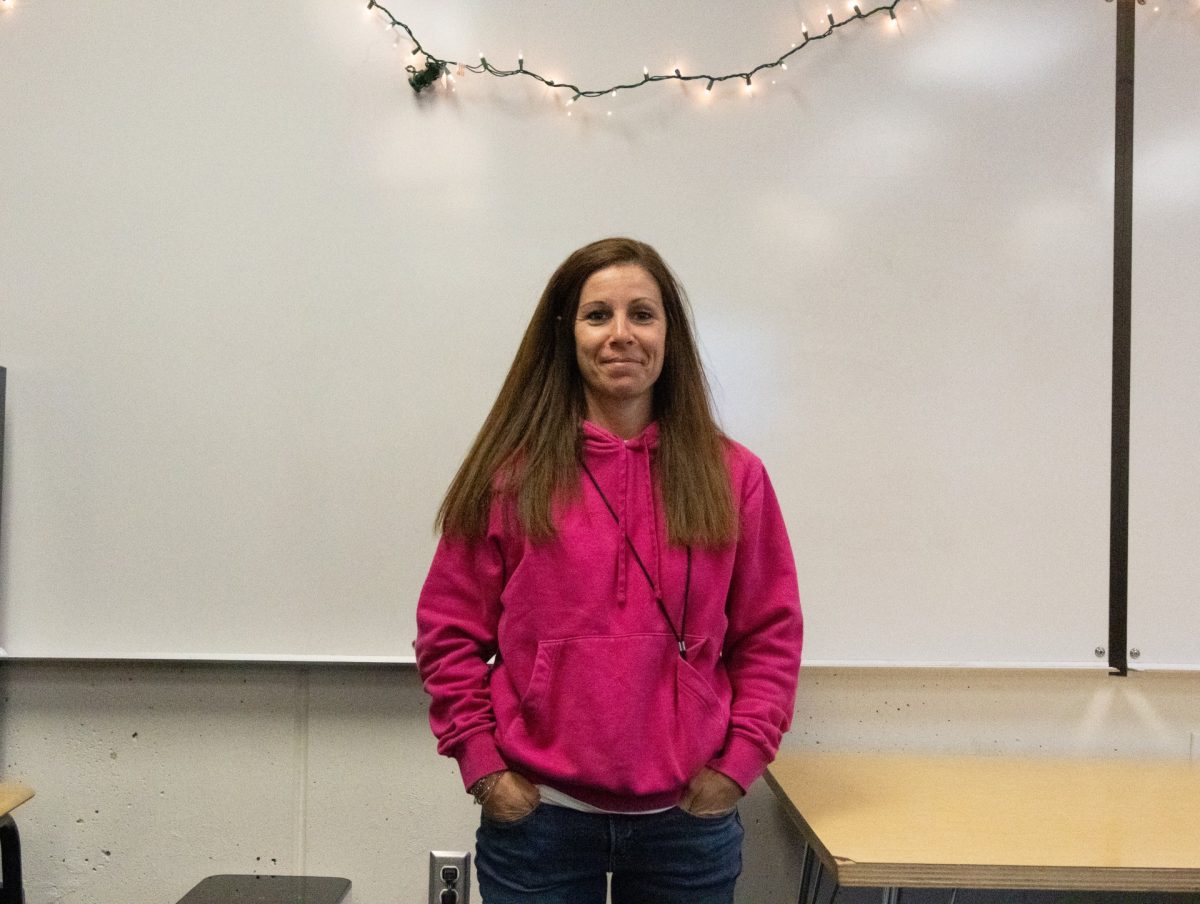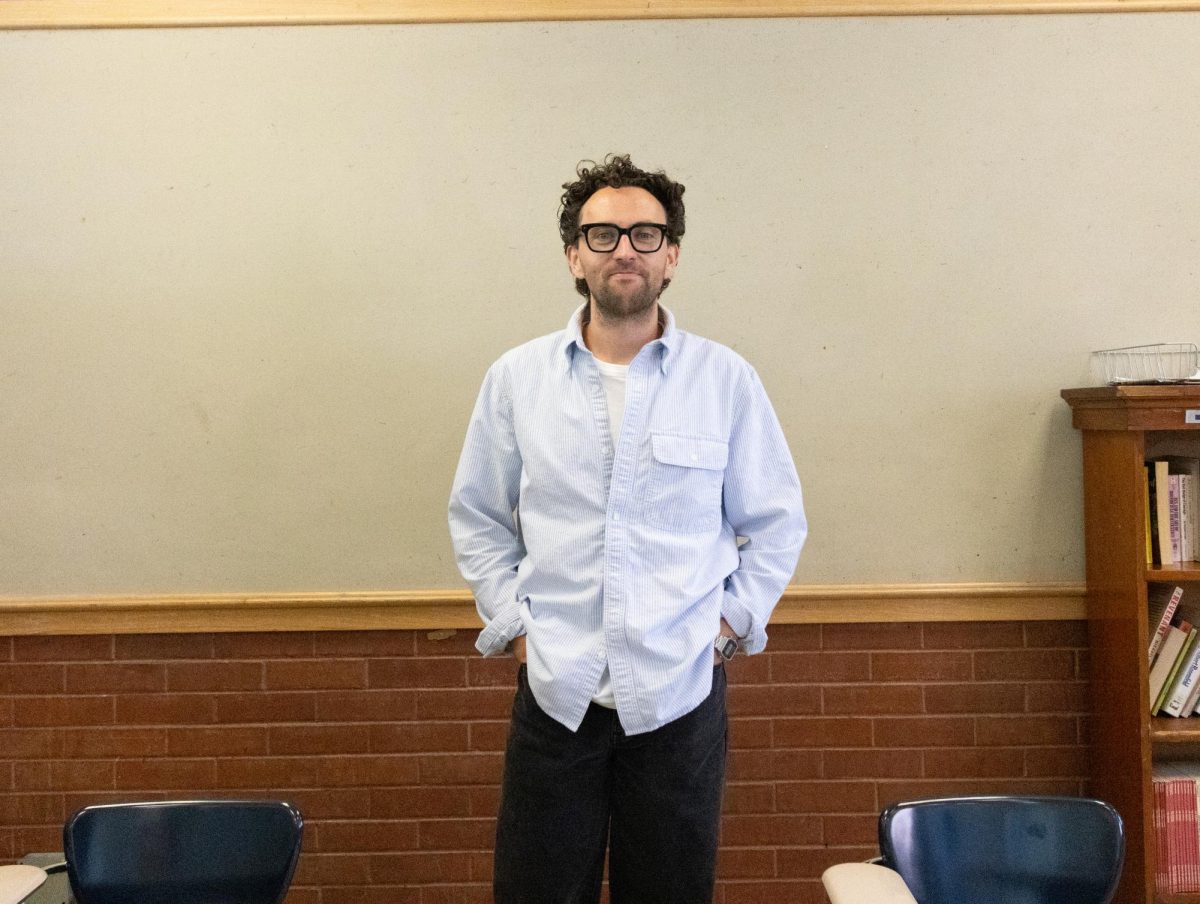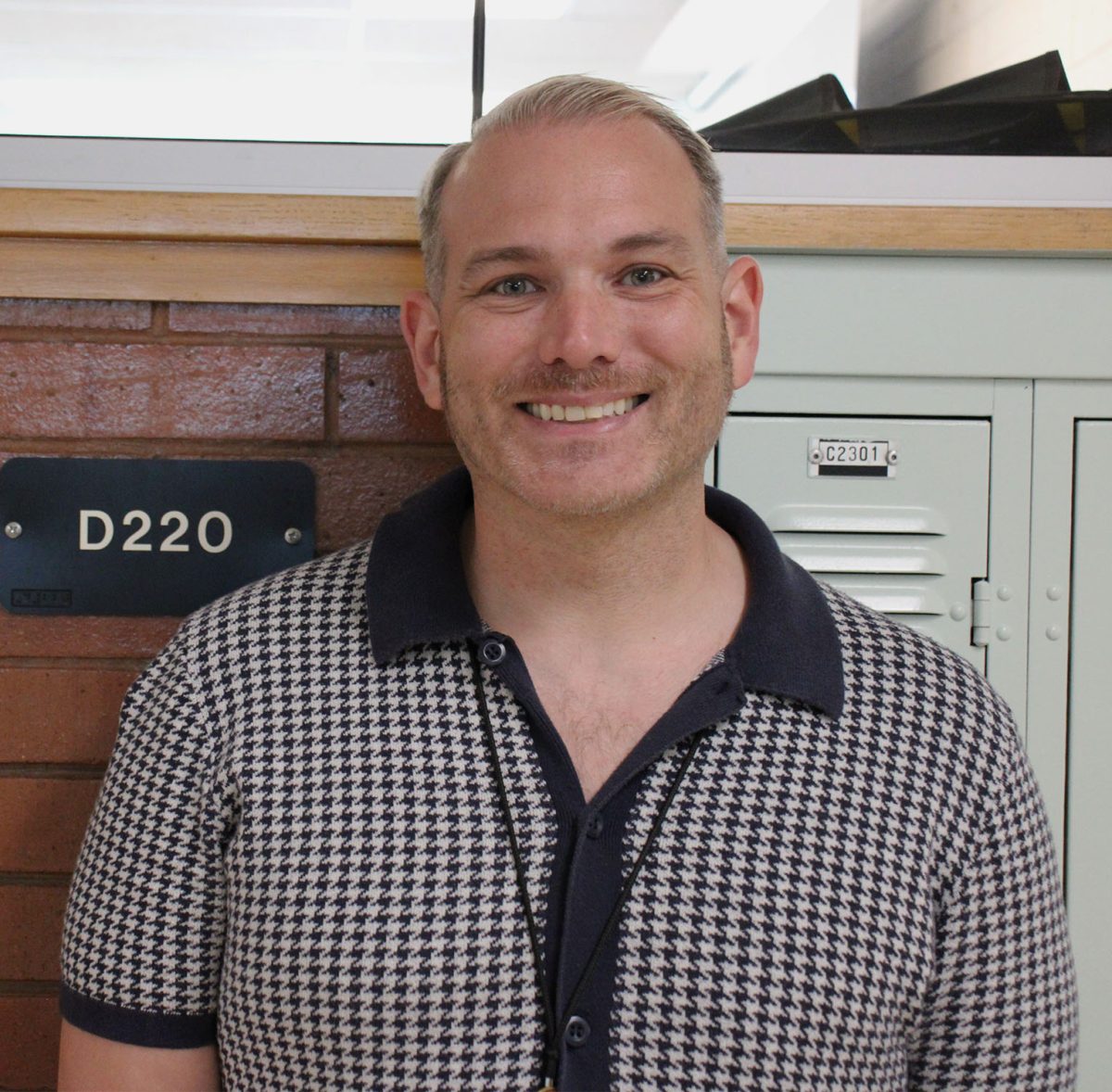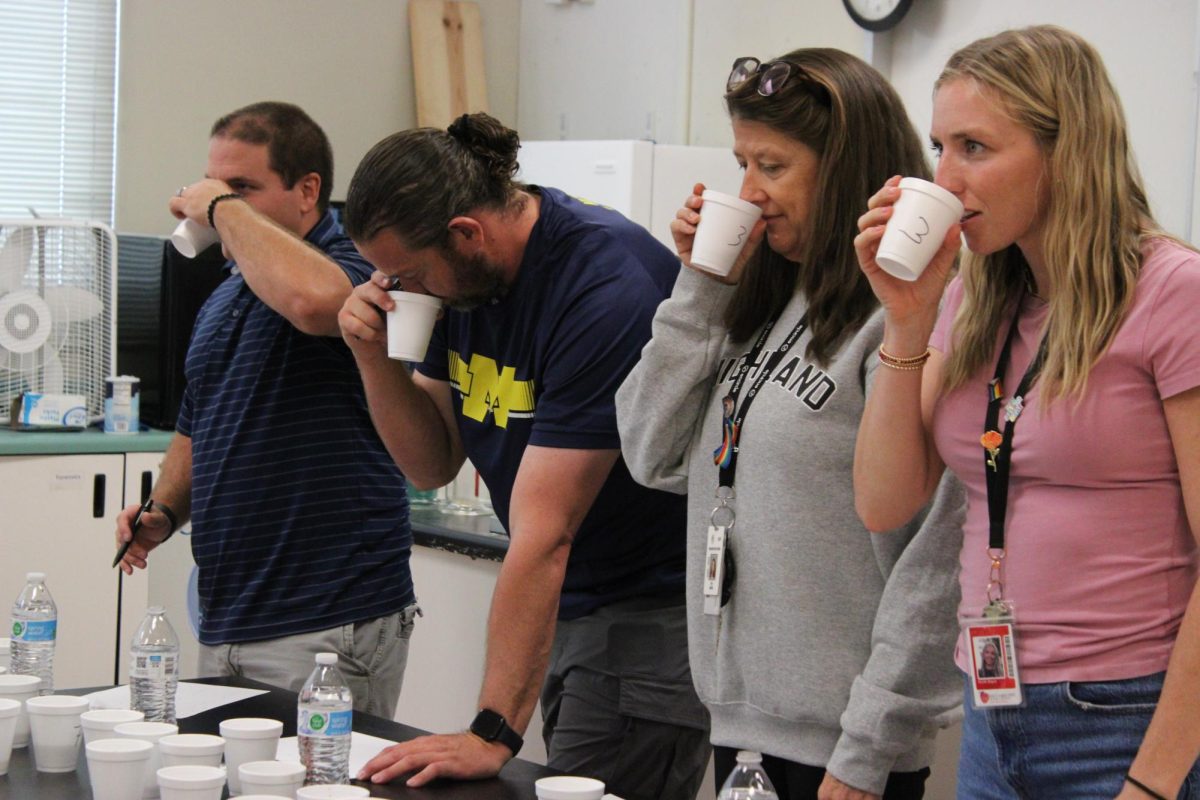Parents Need To Let Their Teens Off The Leash
September 30, 2019
I have spent nine months behind the wheel of my hand-me-down, bright blue, Toyota Yaris complete with one-too-many dents and scratches. While it may not run smooth like butter, I couldn’t possibly imagine the last few months of my life without my license.
However, that’s not the case with most 16-year-old high school students nowadays. Getting a license used to be almost a rite of passage for teenagers, a way of feeling adult without being one yet, but now kids are waiting until they’re 17, 18, or out of high school before wanting to even get their permit. There is a plethora of excuses students can find to not drive, like not having a car or places to go, but those excuses won’t hold true for their entire lives. This is only a sign of the slowly growing over dependency students seem to have on other people them through life without any growing pains.
Independence is part of life; it’s necessary for growing, thriving, and becoming an adult. Planning educational and career paths, making decisions, taking risks, driving… These things are part of being an independent person, but there is a slowly growing percent of high school students that don’t want to think about the future. We like to think about the here and now. We think about that class, that party, the Instagram follows, or thing we want to buy right now, but the future starts now.
Driving or learning to take public transport might seem like something that won’t affect a person’s life all that much, but what about getting a job? These people would constantly be relying on others to get them there. That job is what can set them up for college saving or learning to deal with benefits and financial plans for their future. The point is, that all these things are linked.
This problem starts with adults. As paradoxical as it seems, it takes some dependency in order to become independent. Teenagers don’t learn how to become adults by watching them in movies (please don’t learn life lessons through movies); they learn by watching the teachers, parents, coaches, or even neighbors in their lives.
Some of these things seem small, like a student relying on test retakes, opting out of working or socializing, or a parent that wants to minimize hardship in a child’s life.
Helicopter parents was a well-known term, but now there’s a new name for the overprotective parents these days. Lawn mower parents. Parents who want to mow down all the pain and hardship in a child’s life, whether they do it by throwing kids into the false realities of social media or by taking responsibility for everything their kid does, they are shielding their children from feelings. Feelings can cause pain and sadness, but that struggling leads to growth because if they don’t feel this pain when they have someone to lean on, it’s going to be crippling when they’re on their own.
These habits lead to sheltering, dependency, and the inability to foster healthy relationships with employers, mentors, and peers.
This is how we grow. It’s how we learn perseverance and resilience. Becoming an independent adult means being allowed to falter, but with trusted adults to depend on to help us back on our feet to try again. Parents aren’t always going to be there for a kid and a kid needs to learn how to be independent before they’re suddenly on their own. Parents and sometimes other adults need to let their kids make mistakes, be there to help if they ask for it, and then let them try again. Students need to learn resilience. It’s true what they say: we learn from our failures.
The walls built around kids may shelter them from harm, but those same walls also prevent them from entering the real world, prepared for adulthood.




























